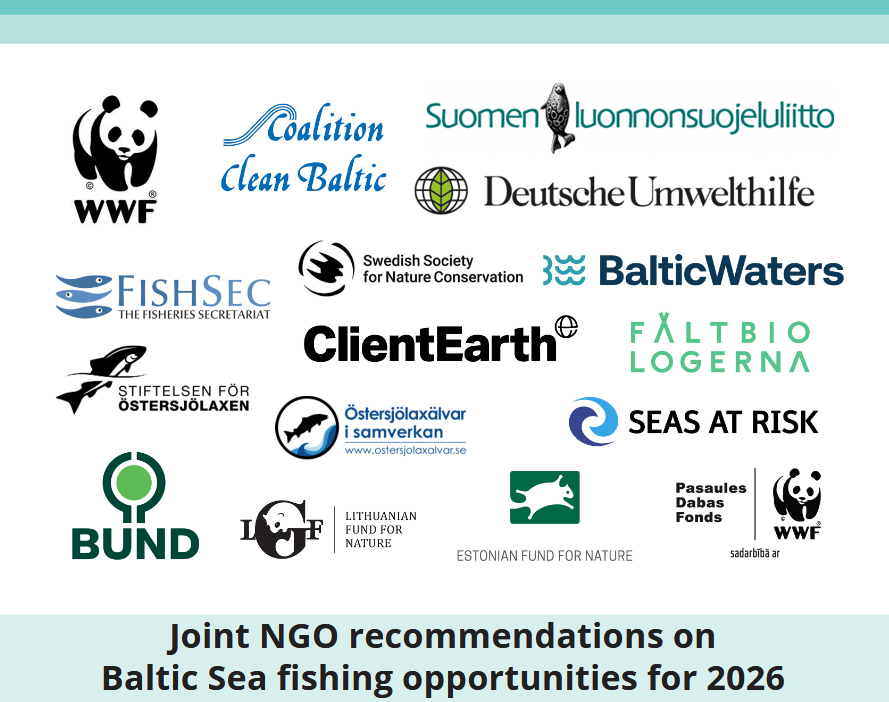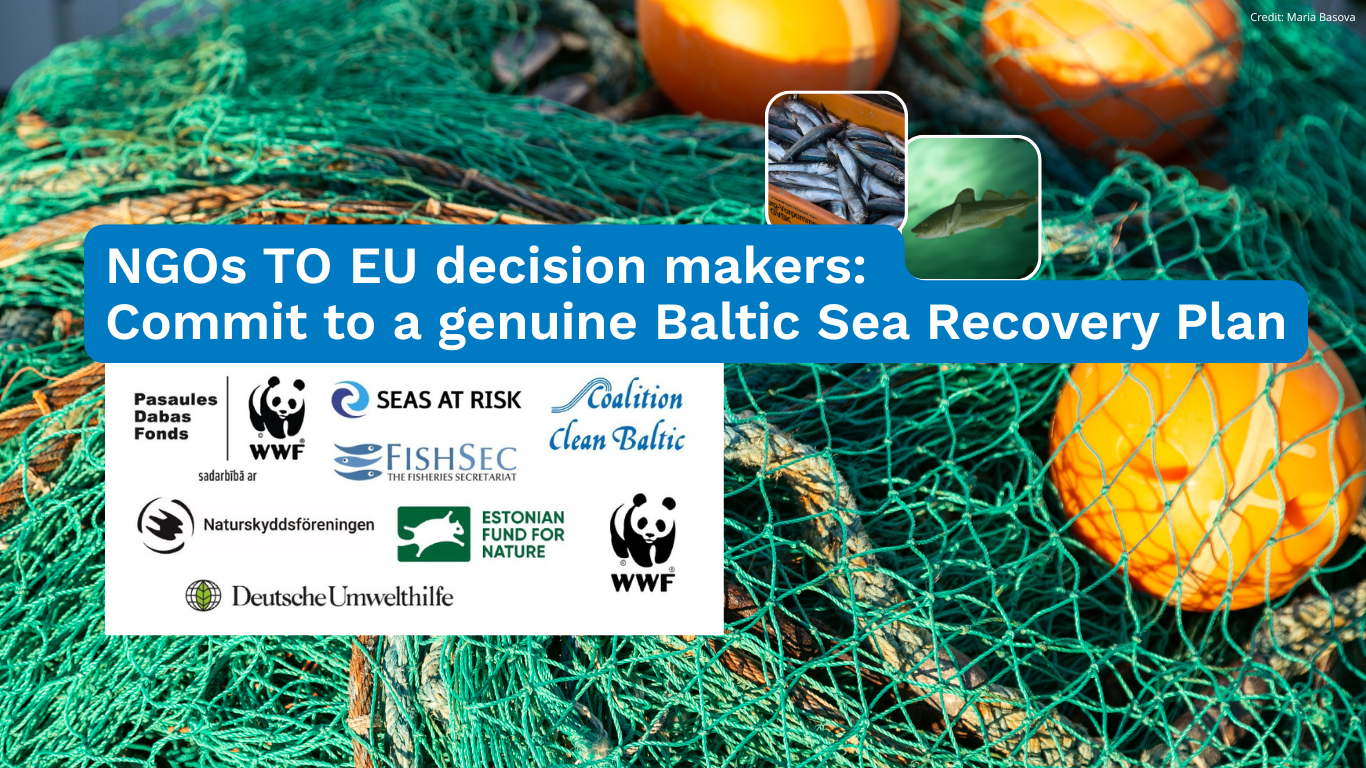CCB letter to Commisioner Vella about eel
In April 2016 CCB sent a letter to the Commission pointing to the illegal catches of eel but also questioning the legal fishery on an endangered species and if the Common Fisheries Policy (CFP) goal of fishing at MSY applies to eel. CCB has gotten a response from the Commission explaining the views of the Commission and an indication to investigate further the data of illegal catches that CCB sent in. The Commissions reply also hints that it considers existing EU regulations stricter and include stronger measures than any kind of international agreement can deliver, for example the Convention of Migratory Species (CMS or “Bonn convention”) that recently added eel to its annex II. CCB hopes that the Commission as well as the Member States will take on the full responsibility to make sure illegal fishing is controlled better and that all fishing is stopped during the migration season for eel. It remains to be seen if the CFP goal of fishing at MSY indeed applies to eel.
Read CCBs letter here.
Read the Commissions response here.
CCBs information about eel.

